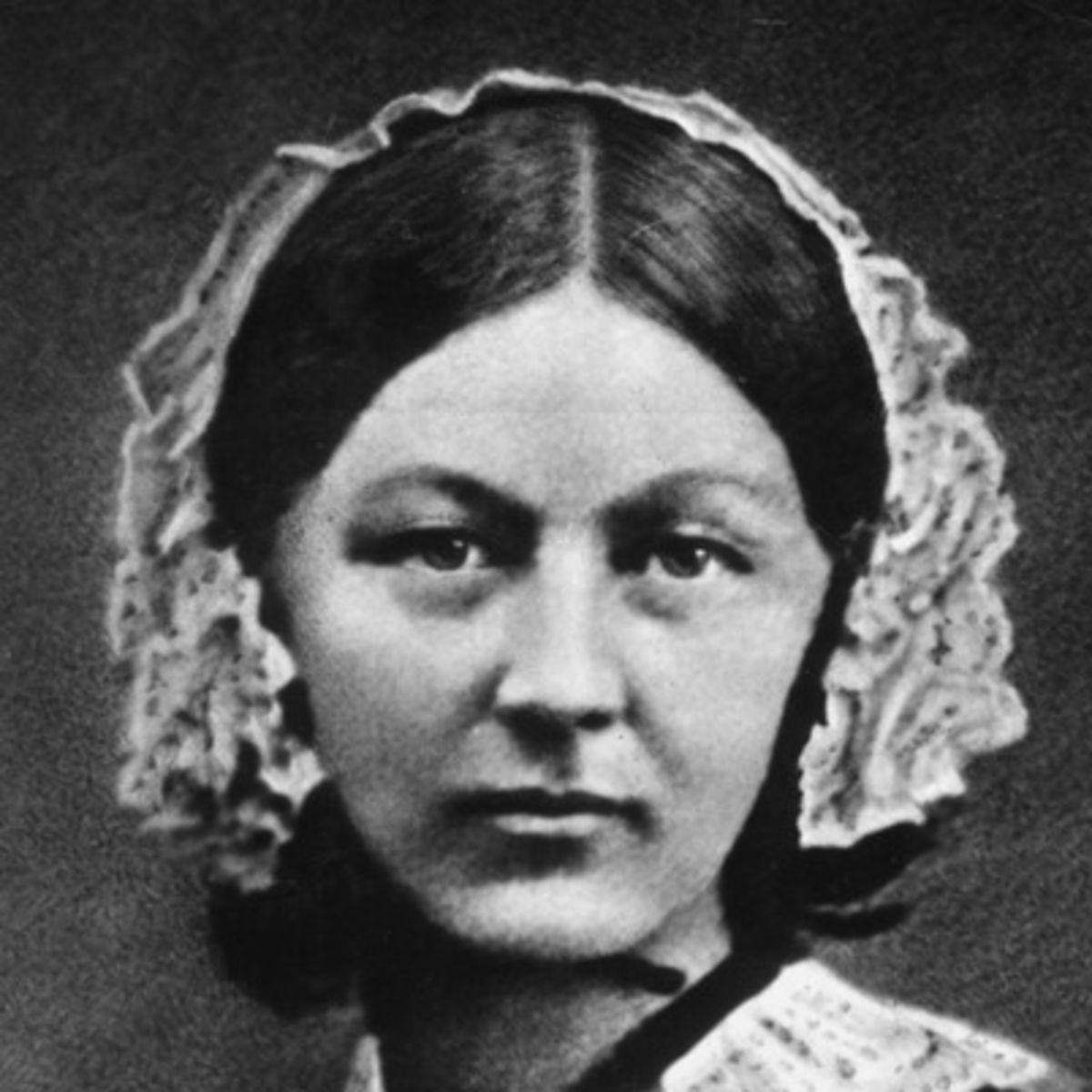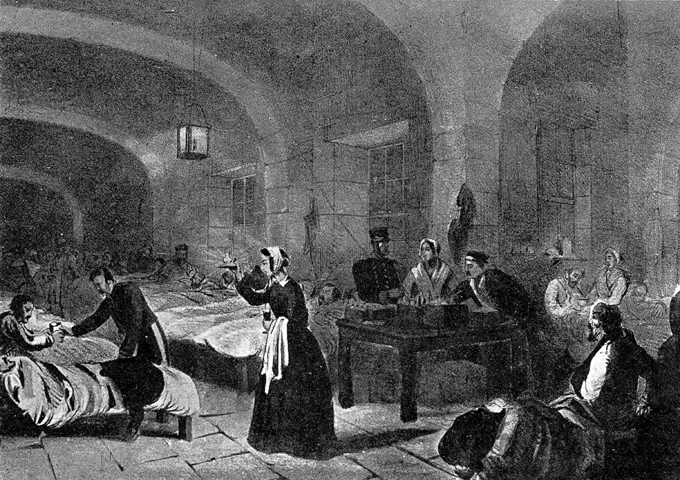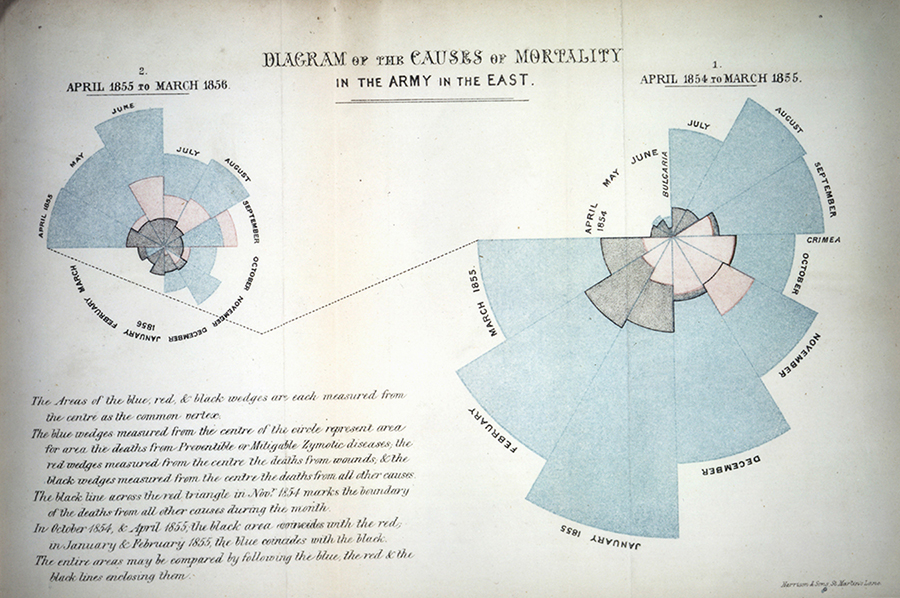How did Florence Nightingale use data to empower change?

Florence Nightingale via biography.com
The work of Florence Nightingale in 1858 is still resonant with the world around us today. As a nurse in the Crimea War, she became a pioneer of modern nursing. By recording the data of patients and the documentation of results, including the conception of the first pie chart, her work revolutionised the cleanliness of military hospitals. She was methodical in her approach to collecting and interpreting data, presenting striking diagrams to fight for her cause. Her report on Mortality of the British Army, published in 1858, was packed with analysis in the form of charts and tables of data collected from her time at Scutari, a British hospital base. This was a time of huge social change for women’s rights as well as the development of health and medicine, two areas in which Nightingale was a catalyst for progress.

Big Bang Data features her most famous pie chart in Notes on Matters Affecting the Health, Efficiency and Hospital Administration of British Army 1858. Named the ‘Coxcomb’, the chart demonstrates the ratio of British soldiers who died during the Crimean War of sickness, rather than of wounds or other causes.

Notes on matters affecting health, efficiency and hospital administration of the British Army. Reproduced courtesy of the Florence Nightingale Museum Trust, London
The power of visualisation with data is now prevalent across all forms of life, as our world becomes flooded with large quantities of data, and the Internet of Things pumps data into the tech stratosphere at a faster rate than ever before. How we experience the world around us during this time of technological innovation and change reinforces the prominence of Nightingale’s reports for the Industrial Revolution. All forms of corporations from the media to health, entertainment to government are dependant on analytical visual techniques, tracking our data, in order to portray a story, or put through a policy by visualising large data sets to score political points.
Her work changed the course of history, enabling pro-active change through data collection. In 1858 Nightingale presented her visualisations to the health department demonstrating the conditions of the hospitals, and whose actions resulted in deaths being cut by two thirds.
According to Stephen Hawkins the future of mankind is in the hands of technology, for reasons both positive and negative. How governments and corporations continue to use and misuse our data has knock-on effects on our civil liberties and it’s tempting to view this as the only way in which ‘big data’ is having an effect on the mass populace today. Florence Nightingale demonstrated that collecting and representing data can be both a force for the common good and propel institutional change. It’s a lesson from history that remains prescient today.